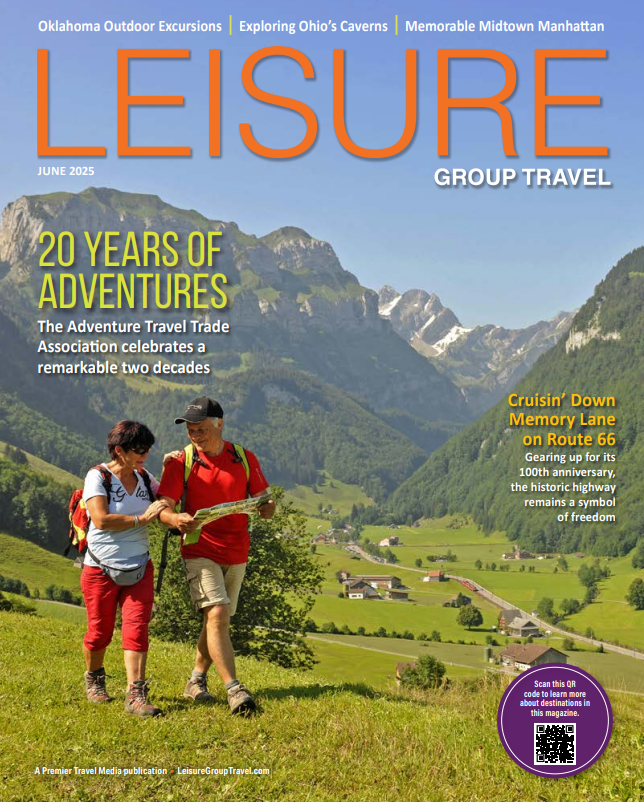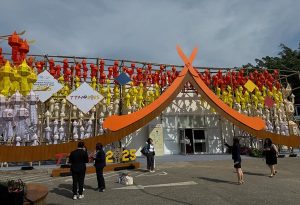I find that many times group leaders are assigned because they’ve “been there before” or perhaps because they “sold the most tour members to sign up for the trip.” But neither of these attributes necessarily makes them the most effective leader. So what should a good leader bring to your travel project?
Here are my top 12 expectations of group leaders:
1. Giving equal time and attention to all tour members
Good group leaders never play favorites. They sit with different tour members and are visible at all group activities: sightseeing, hotel check-ins and check-outs, special meals, parties, etc. You may not actually be doing anything, but just your presence makes the group feel comfortable and shows that you are observant.
2. Being present at all group activities
Sending the group off one morning with the local step-on guide while you get your hair done is not good psychology. If something is going to go wrong, believe me, it will happen on the very day you decided you could “play hooky.”
3. Seat rotation while on tour
Seeing to it that members rotate motorcoach seating as the trip moves along so that everyone gets a chance at the best near-the-front seats as well as the worst back-of-the-bus location. I like to keep the first seats for tour personnel: the local step-on guide, myself as the en route tour manager – in short, anyone who will need access to the microphone and to the driver as we roll along.
4. Being knowledgeable about guide tipping
It’s important that you agree on tip protocol during the trip and at the end. Whom should they tip? How much? And when? Some tour operators like to charge each passenger a pre-determined package amount, payable to the leader at the outset for him/her to pay to the appropriate local guides, bellmen, dining room personnel and others serving your group. Some of the more deluxe all-inclusive tours may have already costed in all tips.
5. Being able to handle en route emergencies
Whether it’s itinerary modifications, illnesses and other contingencies that may arise as the trip moves along, group leaders need to work seamlessly with local guides, coach drivers, hotel personnel, possible guest speakers and other providers.
6.Being a good delegator
It moves a tour along so much smoother if you know how to delegate small chores periodically to various tour members, such as appointing someone to help elderly or distracted tour members cross a busy street, someone to round up tour member stragglers and so on.
7. Interfacing with local guides
This starts when you are first introduced to them, explaining any tour members’ special needs and particular interests and continues until you wave farewell.
8. Hall monitor
Good group leaders are adept at supervising and the writing up any unusual happenings during the trip such as accidents, illnesses, group members’ disagreements, etc.
9. Ability to assess services
Understand who’s providing excellent service such as local step-on guides, airline personnel, motor coach drivers, hotel employees, etc. I like to write a quick thank-you to these people, particularly commending outstanding employees who have interacted with tour participants.
10. Providing a warm, caring and friendly atmosphere
Perhaps with particular attention to those members who are traveling alone and who, therefore, do not have a built-in friend on the tour from the outset.
11. Party Planner
Planning special festive celebrations en route for tour members whose anniversary or birthday may fall during the trip.
12. Pied Piper
If you are slated to lead another trip for this same organization/company next year to a different destination, feel free to mention it. If, on the other hand, you will be leading trips next year for a different organization or company, never publicize your future trip with this year’s tour members. It’s a fine line, but those you encounter in the industry who are “true blue” will appreciate the fine points of ethics.
-Marty Sarbey de Souto






